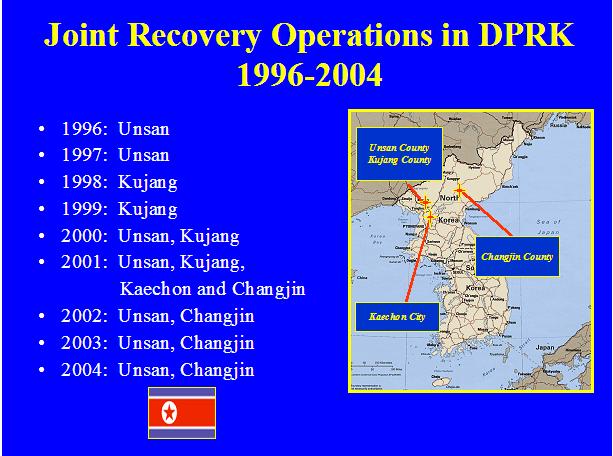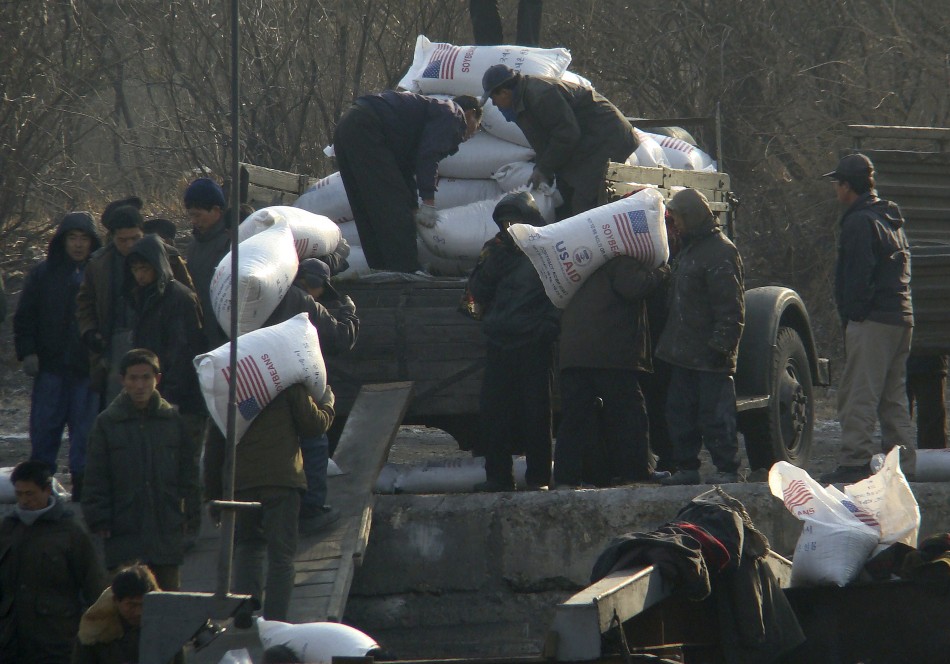Daily Report Archives
Established in December 1993, the Nautilus Institute’s *N*ortheast *A*sia *P*eace and *S*ecurity *N*etwork (NAPSNet) Daily Report served thousands of readers in more than forty countries, including policy makers, diplomats, aid organizations, scholars, donors, activists, students, and journalists.
The NAPSNet Daily Report aimed to serve a community of practitioners engaged in solving the complex security and sustainability issues in the region, especially those posed by the DPRK’s nuclear weapons program and the threat of nuclear war in the region. It was distributed by email rom 1993-1997, and went on-line in December 1997, which is when the archive on this site begins. The format at that time can be seen here.
However, for multiple reasons—the rise of instantaneous news services, the evolution of the North Korea and nuclear issues, the increasing demand for specialized and synthetic analysis of these and related issues, and the decline in donor support for NAPSNet—the Institute stopped producing the Daily Report news summary service as of December 17, 2010.
This history describes US Commander in Chief Pacific Command’s actions in discharging his assigned responsibilities and his relationships with U.S. military and other governmental agencies. It records his command decisions and policy positions [in 1993]…“a year in which our national security goals for the Asia-Pacific region gained clarity, coherence, and acceptance.”
This report was released to the Nautilus Institute under the US Freedom of Information Act (FOIA). See the Institute’s FOIA Global Disclosure Project page to read more chronologies, histories and reports released to Nautilus.
Go to the article

In this essay Jeffrey Lewis, Director of East Asia Nonproliferation Program of the James Martin Center for NonProliferation Studies at the Monterey Institute, Peter Hayes, Professor of Global Studies, RMIT University and Executive Director of Nautilus Institute and Scott Bruce, Director of the Nautilus Institute, San Francisco examine the lead-up to negotiations between the United States and the DPRK on the nuclear issue that resume in Geneva on October 26, 2011. It notes the high priority placed on domestic economic issues, the escalating threat of a missile or nuclear test in North Korean statements, but then points to the underlying and fundamental issues of the threat of nuclear attack and the need for removal of such threat as the basis for eventual resolution of the North Korean nuclear issue. It concludes by prefiguring the issues that re-engagement of the DPRK would require be addressed in order to actually resolve the nuclear issue.
Go to the article
This history describes USCINCPAC’s actions in discharging his assigned responsibilities and his relationships with U.S. military and other governmental agencies. It records his command decisions and policy positions [in 1992]…“The U.S. led victory in the Persian Gulf and the collapse of the Soviet Union were the defining events of 1991. They also set into motion a sea change in the strategic environment, a change that found shape and definition in 1992. During the past year, this strategic transformation was marked by events perhaps less dramatic than 1991′s, but no less profound.”
This report was released to the Nautilus Institute under the US Freedom of Information Act (FOIA). See the Institute’s FOIA Global Disclosure Project page to read more chronologies, histories and reports released to Nautilus.
Go to the article
Jeff Kingston, Director of Asian Studies, Temple University (Japan Campus), examines why, in the midst of an unprecedented cascade of natural and nuclear disasters in Japan, the problem of Kan Naoto’s ouster trumped all others in the national media and politics. Kingston claims that, following the meltdowns at the Fukushima-Daiichi nuclear power plant, the Japanese media helped to protect the vested interests of the powerful ‘nuclear village’ by dwelling on Kan’s lack of leadership qualities and ignoring the institutional reasons why it is difficult for Japanese leaders to lead. “The ousting of Kan is an object lesson in crossing the powerful players who control Japan’s energy policy…While the village is in trouble, it retains enormous power to influence public discourse and politics”.
Go to the article

Nicholas Eberstadt, Henry Wendt Chair in Political Economy, American Enterprise Institute, and Senior Adviser, National Bureau of Asian Research, argues against providing humanitarian aid to the DPRK without strict international oversight. Instead Eberstadt proposes what he terms ‘intrusive aid’, which would require North Korea to comply with independent data collection and distribution of food aid. He writes, “The program of intrusive aid would be indivisible and non-negotiable…If Pyongyang agreed, the aid program would go forward. Otherwise the mission is scrapped — because Pyongyang refused to accept the conditions under which genuine humanitarian aid might have worked.”
Go to the article
Young-yoon Kim, Senior Research Fellow at the Korea Institute for National Unification, analyzes whether or not South Korea should provide humanitarian aid to the DPRK, given the nature of the North Korean regime and problems with transparency. Kim concludes that the ROK should extend aid, arguing that “the South Korean government nor the international community can afford to ignore this serious humanitarian crisis, not only for the sake of good neighborliness and brotherhood, but also for the sake of international obligations and prestige.”
Read a response to this article here.
Go to the article
Bruce E. Bechtol Jr., an Associate Professor of Political Science at Angelo State University, provides this review of North Korea’s nuclear weapons capabilities, which reveals a two-track agenda consisting of both a plutonium (proven) and a highly enriched uranium (likely) program. Scenarios involving both of these programs show that North Korea—despite rather primitive capabilities—can deliver a nuclear weapon that would cause casualties in the tens of thousands. Bechtol states, “While a preemptive strike may seem like the obvious answer to a nuclear attack, North Korea’s ability to strike back with non-nuclear forces would likely mean a full-scale conflict possibly involving hundreds of thousands of casualties. High-level officials in Washington and Seoul have placed renewed focus on planning for nuclear scenarios on the Korean peninsula—but the bottom line is that preventing and deterring a North Korean nuclear attack must be a high priority.”
Go to the article



